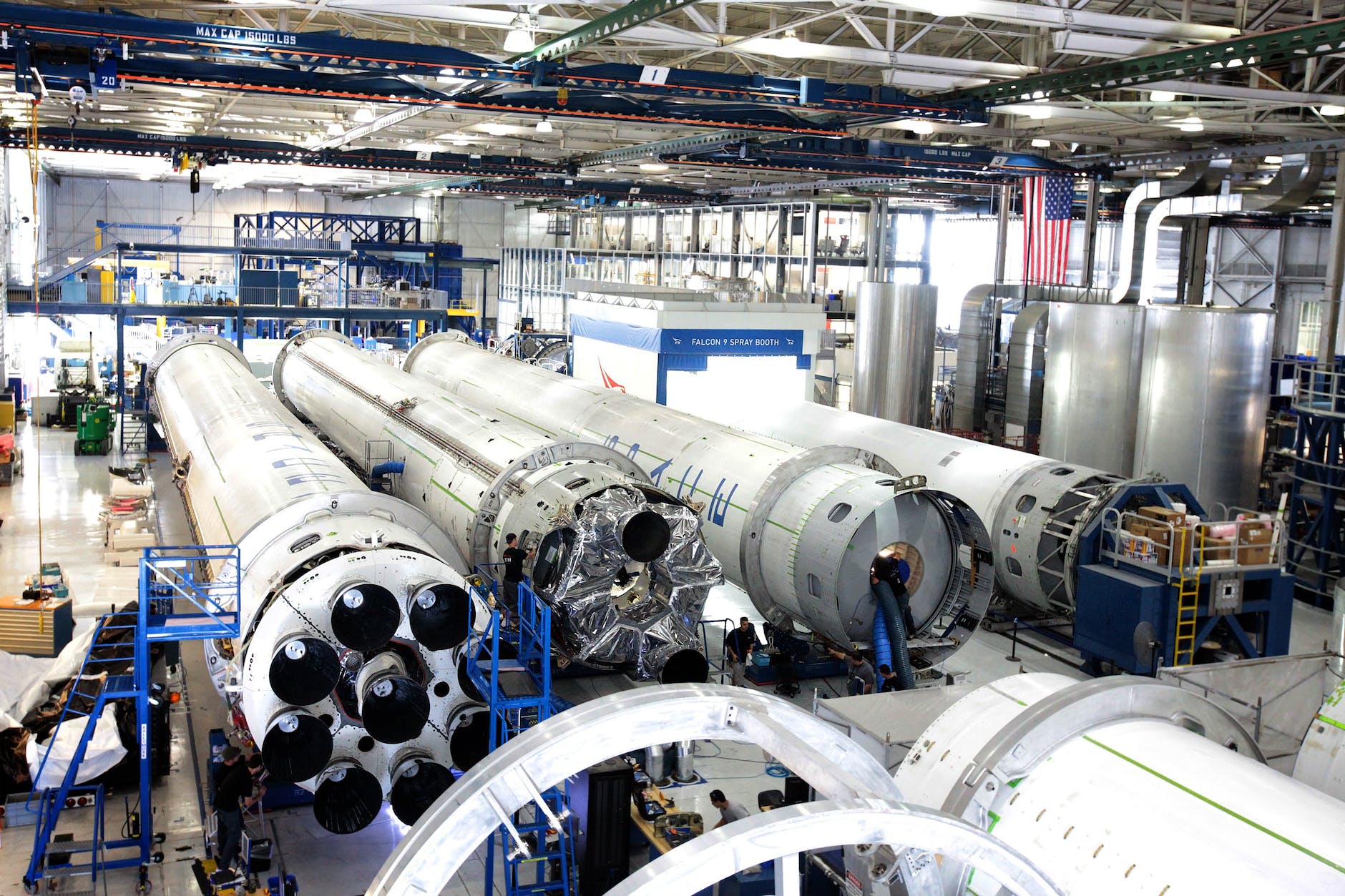Eurostar passengers can avoid UK passport checks by having faces scanned
By alexandreBusiness
Eurostar passengers can avoid UK passport checks by having faces scanned
Eurostar introduces facial recognition technology for passport checks
Eurostar, the high-speed train service between the UK and mainland Europe, has introduced facial recognition technology to expedite passport checks for its passengers. This new system allows passengers to bypass traditional passport checks by having their faces scanned instead. The move is aimed at reducing waiting times and improving the overall travel experience for Eurostar customers.
The facial recognition technology, developed by iProov, enables Eurostar staff to verify passengers’ identities by comparing their facial images to the digital passports stored in the system. The process is seamless and only takes a few seconds, allowing passengers to board the train without the need to present physical documents.
By implementing this technology, Eurostar aims to eliminate the need for manual passport checks, which can contribute to lengthy queues and delays during peak travel periods. The use of facial recognition technology streamlines the entire process and ensures a smoother passenger flow.
Benefits for Eurostar passengers
The introduction of facial recognition technology brings several advantages for Eurostar passengers. Firstly, it significantly reduces the time spent on passport checks, minimizing travel disruptions and allowing passengers to arrive at their destinations faster. Secondly, it enhances security by providing a more reliable verification method compared to traditional document checks. This technology makes it harder for individuals to impersonate someone else or use counterfeit passports. Lastly, it improves the overall travel experience by eliminating the hassle of carrying physical passports and presenting them repeatedly throughout the journey.
Passengers who wish to take advantage of the facial recognition system must first register their biometric data with Eurostar. During the initial registration process, their facial images are captured and securely stored in the system. Once registered, passengers will only need to have their faces scanned at the Eurostar departure gate, making the check-in process quick and convenient.
This new technology is particularly useful for frequent Eurostar travelers, as it allows them to save time on each journey and enjoy a more seamless travel experience overall. Additionally, it aligns with the increasing demand for touchless and contactless solutions in the travel industry, especially in light of the COVID-19 pandemic.
Concerns and privacy considerations
While the introduction of facial recognition technology brings undeniable benefits, there are also concerns regarding privacy and data protection. The use of biometric data raises questions about how the data is stored, accessed, and protected from unauthorized use. Eurostar assures passengers that their biometric information will be securely stored and handled in compliance with strict data protection regulations.
To address privacy concerns, Eurostar has implemented various security measures. Facial images captured during the registration process are converted into encrypted templates, ensuring that the actual images cannot be reverse-engineered. Furthermore, the biometric data is stored separately from other personal data, minimizing the risk of potential data breaches.
Eurostar emphasizes that the facial recognition technology is purely voluntary, and passengers who prefer not to participate can still undergo traditional passport checks. This provides passengers with the option to choose the level of convenience and security they are comfortable with.
The implementation of facial recognition technology for passport checks marks an innovative step forward for Eurostar. By adopting this technology, Eurostar aims to improve efficiency, enhance security, and provide a more seamless travel experience for its customers. While privacy concerns exist, Eurostar has taken measures to address these issues and ensure the protection of passenger data. As the demand for touchless travel solutions increases, the use of facial recognition technology may become more prevalent in the travel industry.
Overall, Eurostar’s introduction of facial recognition technology sets a positive precedent for the future of passport checks, promising a more efficient and convenient experience for travelers.





